FREE Please Take One
YOUR RETIREMENT GUIDE TO YOUTHFUL LIVING





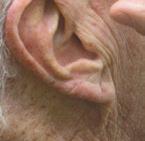































Empowering Senior Veterans: Lisa Pickart’s leadership at Grants Pass VA Resource Center
 By Jasmine Kahlil
By Jasmine Kahlil




LOCATED IN DOWNTOWN Grants Pass, Josephine County, the local Veterans Service Office (VSO) is undergoing a transformative journey under the capable leadership of Lisa Pickart, the committed Program Manager steering the ship. This center plays a pivotal role as a lifeline for veterans, with a particular emphasis on senior veterans who seek support and assistance in navigating the intricate web of benefits and resources available to them.
Lisa Pickart, currently at the helm of the Josephine County Veterans Service Office, brings a wealth of experience and an undeniable passion to her role. Having served as a key figure at the VVA Chapter 867, she honed her skills and developed a profound understanding of the unique challenges faced by veterans in the community. Now, as the Program Manager, she is on a mission to not only address these challenges but also to enhance the lives of local veterans, ensuring they receive the assistance they rightly deserve.
At the core of Pickart’s leadership is her unwavering commitment to fostering a welcoming and inclusive environment at the Grants Pass VA Resource Center. Veterans, particularly seniors, often find themselves entangled in a maze of paperwork and bureaucratic hurdles when attempting to access their entitled benefits. Under Pickart’s astute guidance, the center has strategically streamlined its processes, rendering it more accessible and user-friendly for those who have valiantly served our country. Notably, Pickart and her team collaborate closely with organizations such as Team Senior to expedite this process, recognizing the urgency and sensitivity of the issues involved.
A standout feature of the Josephine County Veterans Service



Office is its unwavering emphasis on personalized assistance. Lisa Pickart and her team recognize the individuality of each veteran’s journey, understanding that tailored support is imperative. Whether a senior veteran seeks medical assistance, educational benefits, or housing support, the center prides itself on providing guidance that caters to the unique needs of each individual.
Pickart’s commitment to education shines through in her academic background, holding an Associate of Arts transfer with an emphasis in science from Rogue Community College. This educational foundation equips her with a well-rounded understanding of the complex challenges veterans face, enabling her to advocate for their rights and benefits more effectively.
The Grants Pass VA Resource Center, under Pickart’s dynamic leadership, has forged robust partnerships with local organizations, businesses, and educational institutions. These strategic collaborations aim to create a network of support for veterans that extends beyond the traditional scope of government services. By actively engaging the community at large, the center endeavors to build a comprehensive support system that addresses the diverse needs of veterans and their families, with a special focus on the unique challenges faced by senior veterans.
Looking towards the future, the Josephine County Veterans Service Office is deeply engaged in outreach programs. The dedicated team organizes informational sessions, workshops, and community events to raise awareness about the array of services available to veterans. This proactive approach not only ensures that veterans, especially seniors, are well-informed about their entitlements but also contributes to breaking down the stigma surrounding seeking assistance.
The Grants Pass VA Resource Center is proving to be a guiding light for senior veterans in the community.

SeniorPlanner
Southern Oregon’s
MARCH 2024
Unlocking Cognitive Health: Dietary fiber’s impact on senior brain function
By Sandy Yancy
IN A RECENT STUDY published in Nature Communications, researchers explored the correlation between dietary fiber and brain health, particularly among seniors over the age of 60. The study, encompassing 72 individuals organized into 36 pairs of twins, delved into the effects of a 7.5-gram daily prebiotic fiber supplement on participants’ gut microbiomes and cognitive functions over a 12-week period.
Participants were divided into groups, with one receiving a placebo and the other the prebiotic fiber supplement, recognized for nurturing beneficial bacteria, specifically Bifidobacteria, in the gut. Throughout the study, all participants engaged in resistance exercises and consumed a daily protein supplement.
Results revealed significant changes in the gut microbiomes of those taking the prebiotic supplement, showing a notable increase in the levels of Bifidobacteria. Notably, cognitive performance, assessed through various tests including the Paired Associates learning test crucial for early Alzheimer’s detection, reaction time, and processing speed, exhibited improvement in the fiber supplement group within the 12-week timeframe.
Melissa Prest, D.C.N., R.D.N., a national media spokesperson for the Academy of Nutrition and Dietetics, shed light on the intricate connection between gut bacteria and cognitive performance. The symbiotic relationship between the brain and gut involves reciprocal messaging that can profoundly impact each other. When disruptions occur in the gut microbiome, it may contribute to neurological disorders, including dementia, warns Prest.
Amit Sachdev, M.D., Director of the Division of Neuromuscular Medicine at Michigan State University, explains that the brain operates optimally in an environment free from inflammation and toxins, both produced and cleared by the body. Therefore, maintaining a healthy gut microbiome is crucial for preserving cognitive function and warding off neurological disorders.
Research suggests a link between higher dietary fiber intake and a reduced risk of dementia, notes Prest. While the direct connection is still under investigation, fiber’s potential role in mitigating dementia development is attributed to factors such as reduced blood pressure, protecting against vascular dementia, and fostering a healthier gut microbiome that lessens inflammation and safeguards the brain.
Dietitian Keri Gans, M.S., R.D., emphasizes the potential of fiber-rich meal plans, such as the Mediterranean, MIND, and DASH diets, in preventing cognitive decline and dementia. Nevertheless, Dr. Sachdev highlights the holistic approach required to stave off dementia, involving consistent mental engagement, overall bodily health maintenance, and the avoidance of habits detrimental to brain function.
The significance of this study lies in its affirmation of the brain-gut axis, corroborating previous findings. Building and maintaining a healthy gut microbiome emerge as pivotal elements in counteracting age-related cognitive changes, according to Prest.
For seniors looking to enhance brain health, incorporating more fiber into daily diets is a straightforward and beneficial step. Keri Gans recommends aiming for 25-30 grams of fiber a day, achieved by incorporating whole grains and increasing fruit and vegetable intake during meals and snacks.
It’s important to note that dietary supplements, while a potential avenue for nutritional support, are not medicines and should not be relied upon to treat or prevent diseases. Caution should be exercised, particularly during pregnancy, nursing, or when considering supplements for children, unless under the guidance of a healthcare provider. As with any health-related decision, consultation with a medical professional is advisable for personalized recommendations.











2 www.applegategolf.com (541) 955-0480 proshop@applegategolf.com 7350 New Hope Road Grants Pass, OR 97527

Navigating tax season in Oregon as a retiree on Social Security
By Jerry Drumlin
AS TAX SEASON LOOMS on the horizon, retirees in Oregon, particularly those relying on Social Security benefits, may wonder about the nuances of filing their taxes in the Beaver State. With specific considerations and potential benefits tailored for seniors, understanding the ins and outs of tax regulations is crucial for a smooth and efficient filing process.
Oregon, like many states, doesn’t tax Social Security benefits. This is a significant advantage for retirees, as their primary source of income is often derived from these benefits. Therefore, individuals relying on Social Security can breathe a sigh of relief knowing that their federal benefits won’t be subject to state income tax in Oregon.
However, it’s important to note that while Social Security benefits are exempt from state taxation, other forms of retirement income may still be subject to Oregon state income tax. Pensions, 401(k) withdrawals, and other retirement account distributions may be taxed, depending on the amount and source.
One of the key aspects to consider when filing taxes as a retiree in Oregon is the state’s tax brackets. As of the last available information, Oregon has a progressive income tax system with rates ranging from 4.75% to 9.9%. Understanding which bracket your income falls into is crucial for accurate tax calculations.
Oregon also offers a tax credit for low to moderate-income retirees, known as the Elderly Rental Assistance (ERA) Credit. This credit is designed to alleviate the burden of property taxes on eligible seniors. To qualify, individuals must meet certain income requirements and be at least
58 years old. This credit can significantly contribute to reducing the overall tax liability for retirees in the state.
For those who own their homes, Oregon provides a property tax deferral program for seniors experiencing financial strain. This program allows eligible individuals to postpone paying property taxes on their primary residence, providing much-needed relief for retirees living on fixed incomes.
As with any tax situation, meticulous record-keeping is crucial for retirees in Oregon. Keeping track of all income sources, deductions, and potential tax credits ensures a smoother filing process and can help maximize eligible benefits. This is particularly important for retirees who may have multiple income streams, such as pensions, Social Security, and investment income.
Utilizing available tax preparation tools and seeking guidance from tax professionals can also be beneficial for retirees navigating the complexities of the tax code. Tax software specifically designed for seniors often incorporates relevant credits and deductions, streamlining the process and minimizing the risk of errors.
In conclusion, as a retiree on Social Security in Oregon, understanding the state’s tax regulations is vital for a stressfree and efficient tax season. The exemption of Social Security benefits from state income tax, coupled with potential credits and deferral programs, can significantly ease the financial burden for seniors. By staying informed, keeping thorough records, and exploring available resources, retirees can confidently navigate the tax landscape in Oregon and ensure they make the most of the benefits available to them.















MARCH 2024 ALSO READ US ONLINE AT www.Seniorplanner.net www.grantspassmag.com CULTURE ∙ DINING ∙ LIFESTYLE 3
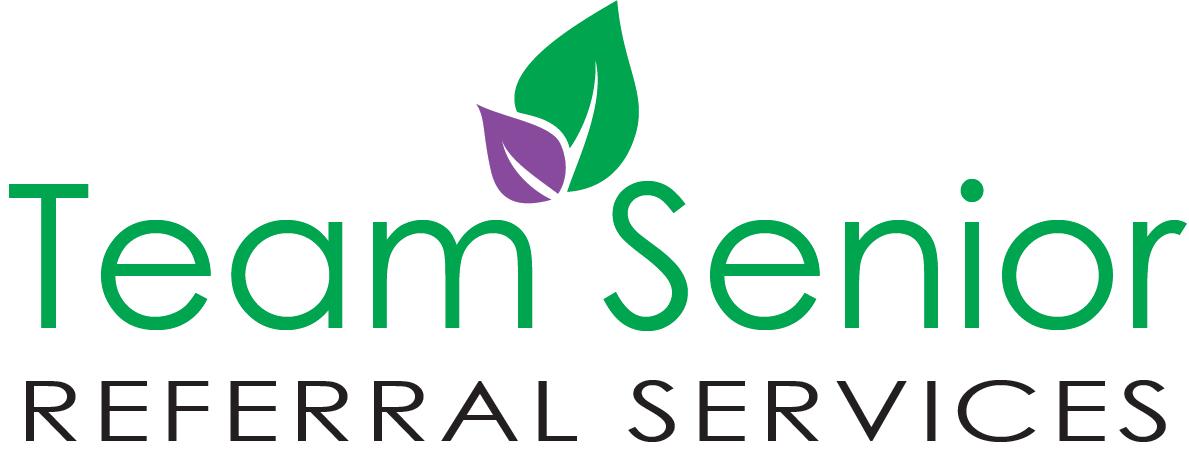



PROVIDING FREE GUIDANCE FOR SENIORS AND THEIR FAMILIES SINCE 2016 CALL US FIRST We can help with: • In Home Care • Medicaid Spend Down Annuity • Home Health • Veteran’a Aid & Assistance • Memory Care • Adult Foster Homes • Hospital & Rehab Discharges NEVER A CHARGE TO THE FAMILY! We can help you make educated decisions without having to make hours of calls yourself regarding costs, quality of care, vacancies, reputation and more. Contact Jamie Callahan, CEO for more information (541) 295-8230 FREE Senior Living Guidance Being locally owned means no franchise dollars leave Southern Oregon — We reinvest in our community! www.teamsenior.org | 541.295.8230 We’ll simplify your search with one quick phone call! 4

Navigating the economic currents
A
senior’s
guide to rising infl ation and shrinkfl ation
By Leaf Barret
IN THE GOLDEN YEARS of retirement, seniors on fixed incomes often find themselves navigating economic challenges, and in recent times, the rising cost of inflation coupled with a phenomenon known as shrinkflation has added another layer of complexity. As social security recipients and pensioners brace themselves for the impact, it becomes crucial to understand these economic shifts and employ strategies to manage the financial landscape effectively.
Inflation, the gradual increase in the general price level of goods and services, is a natural economic occurrence. However, when combined with shrinkflation, the effects can be particularly noticeable for seniors living on fixed incomes. Shrinkflation refers to the reduction in the size or quantity of a product while maintaining its price, essentially giving consumers less for the same amount of money.
For seniors, this dual challenge can lead to an erosion of purchasing power, affecting everything from groceries to healthcare. Understanding these economic forces is the first step in developing strategies to mitigate their impact.
In the face of rising costs, budgeting becomes an indispensable tool for seniors. Creating a detailed budget that outlines essential expenses, such as housing, utilities, and healthcare, allows retirees to gain a clearer picture of their financial situation. By distinguishing between needs and wants, seniors can allocate their fixed income more effectively and prioritize essential expenditures.
Additionally, seeking out discounts, promotions, and senior citizen benefits can be a valuable strategy. Many businesses offer discounts to seniors, ranging from grocery stores to entertainment venues. It’s worth exploring local options and taking advantage of available discounts to stretch the budget further.
While traditional employment might not be a viable option for every senior, exploring supplemental income opportunities can provide a financial cushion. This could involve part-time work, freelancing, or leveraging skills and hobbies for income generation. The gig economy and remote work opportunities have expanded significantly, offering flexible options for seniors looking to supplement their fixed income.
Another avenue to explore is downsizing possessions or even considering a part-time consultancy in areas where retirees possess expertise. This not only adds to the income but also provides a sense of purpose and fulfillment.
Understanding the nuances of social security benefits is crucial for seniors facing financial challenges. Waiting to claim benefits until full retirement age or even delaying beyond that can result in higher monthly payments. While it might be tempting to claim benefits early, strategizing around the optimal time to start receiving social security can significantly impact overall financial well-being.
In times of economic uncertainty, seeking the guidance of a financial advisor can be a wise decision. Financial professionals can help seniors assess their individual situations, create tailored strategies, and navigate the complexities of the changing economic landscape. They can provide insights into investment options, tax implications, and long-term financial planning.
The confluence of rising inflation and shrinkflation poses a formidable challenge for seniors on fixed incomes. However, by adopting proactive measures such as budgeting wisely, exploring supplemental income opportunities, maximizing social security benefits, and seeking professional financial advice, seniors can navigate these economic currents with resilience and maintain a secure and fulfilling retirement.



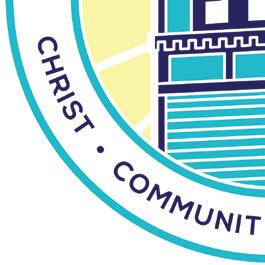

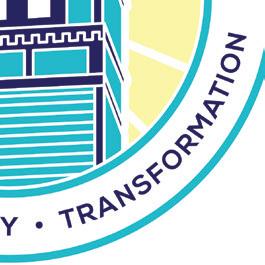


“At the Grants Pass Gospel Rescue Mission, we are bound to proclaim Jesus Christ to the homeless and needy of Josephine County in a spirit of care by assisting with clothing, spiritual counseling, education, food, healthcare and shelter. We accomplish all this with an attitude of commitment.” gospel
540 SW Foundry St. Grants Pass, OR 97526

MARCH 2024
rescuemission
gp.org
5



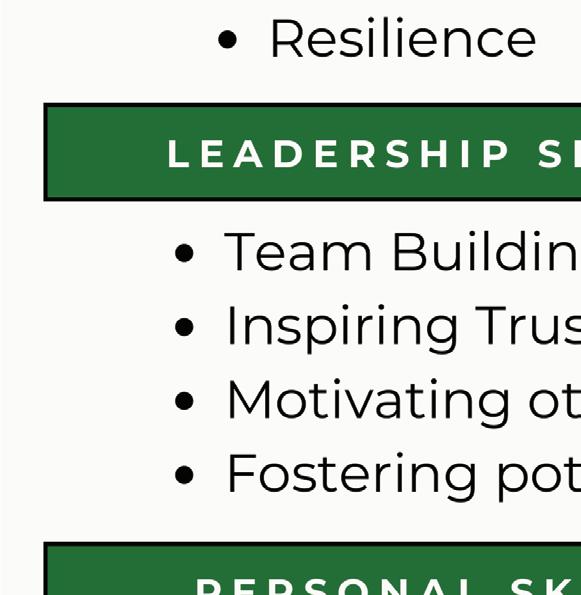



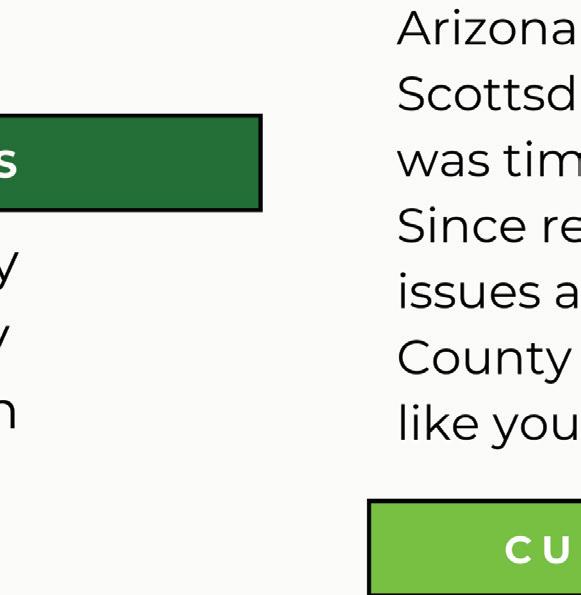





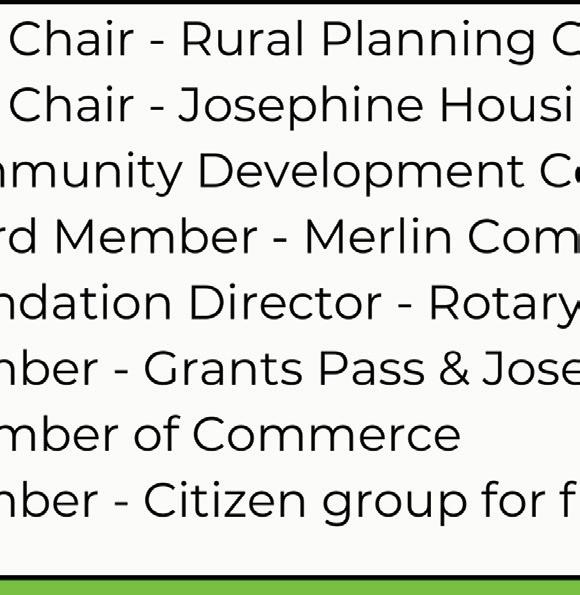
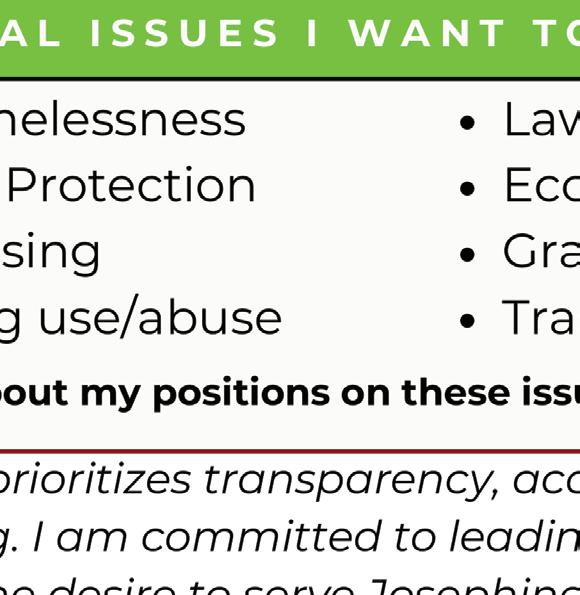




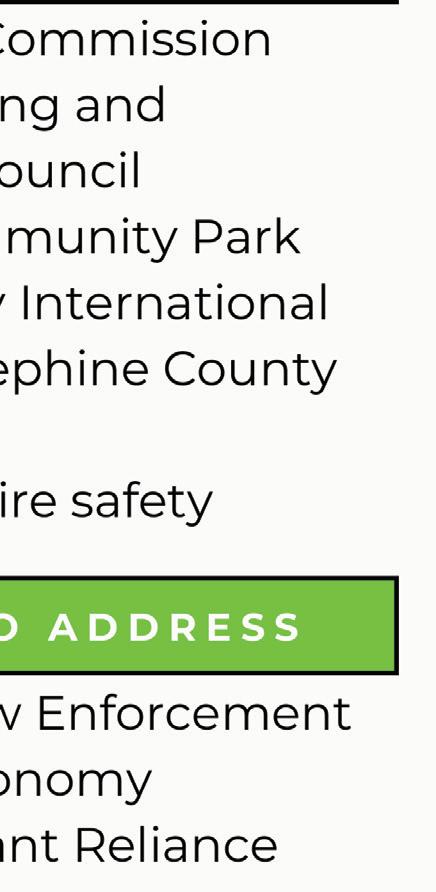

6
RECIPE
RECIPE




Refreshing Springtime Lemonade Mint Juleps
AS THE WEATHER WARMS and spring blossoms, there’s nothing quite like a refreshing and vibrant drink to complement the season. Elevate your springtime experience with our delectable Spring Lemonade Mint Juleps. This twist on the classic mint julep combines the zesty brightness of lemons with the cool essence of mint, creating a delightful beverage perfect for sipping on sunny afternoons or entertaining guests.
INGREDIENTS:
• 1 cup granulated sugar
Gluten-Free Pacific Northwest Marionberry Cake







For those of you with restrictive diets, or those that simply just prefer to cut gluten we have a delectable solution! Indulge in the vibrant flavors of the Pacific Northwest with our Gluten-Free Marionberry Cake recipe. Bursting with the sweet essence of locally harvested Marionberries, this delightful treat is not only a celebration of the region’s iconic fruit but also a gluten-free delight for those with dietary preferences. Crafted with a tender gluten-free batter and generously studded with plump Marionberries, each bite of this cake offers a taste of the lush landscapes and bountiful orchards of the Pacific Northwest. Follow along as we guide you through creating a moist, flavorful cake crowned with a homemade Marionberry sauce – a dessert that embodies the essence of the region while accommodating a gluten-free lifestyle.

• 1 cup fresh lemon juice (approximately 6-8 lemons)
• 1 bunch fresh mint leaves (plus extra for garnish)
• 2 cups cold water
• 1 cup crushed ice
• 1 cup bourbon (optional, for an alcoholic version)
• Lemon slices for garnish
• Mint sprigs for garnish
INSTRUCTIONS:
INSTRUCTIONS:





1) Make Lemon-Mint Simple Syrup: In a small saucepan, combine the granulated sugar and one cup of water over medium heat. Stir the mixture until the sugar completely dissolves, creating a simple syrup. Add a handful of fresh mint leaves to the syrup, allowing them to steep for about 10 minutes. Strain the syrup to remove the mint leaves, leaving you with a flavorful lemon-mint infused simple syrup. 2) Prepare Fresh Lemon Juice: Squeeze lemons to extract one cup of fresh lemon juice, ensuring a vibrant and citrusy flavor. 3) Mix Lemonade Base: In a large pitcher, combine the fresh lemon juice and the lemon-mint simple syrup. Stir well to achieve a harmonious blend of zesty and sweet flavors. 4) Add Cold Water and Mint Leaves: Pour two cups of cold water into the lemonade mixture, adjusting to taste preferences. Introduce a handful of fresh mint leaves to enhance the infusion of minty goodness. Place the pitcher in the refrigerator to chill for at least 30 minutes, allowing the flavors to meld. 5) Prepare the Glasses: Fill each glass with crushed ice, creating a refreshing base for your Lemonade Mint Juleps. 6) Assemble the Lemonade Mint Juleps: Pour the chilled lemonade mixture over the crushed ice in each glass. Optionally, add one ounce of bourbon to each glass for a spirited version of the classic mint julep. Stir gently to combine the ingredients and ensure an even distribution of flavors. 7) Garnish: Top each glass with a lemon slice and a sprig of fresh mint for an extra burst of flavor and a visually appealing presentation. 8) Serve and Enjoy: Serve your Spring Lemonade Mint Juleps immediately to relish the vibrant flavors and cooling sensation. Kick back, relax, and savor the essence of spring with this delightful and invigorating beverage.
Whether you’re lounging in the backyard, hosting a spring gathering, or simply craving a burst of freshness, these Spring Lemonade Mint Juleps are the perfect way to welcome the season. Cheers to the rejuvenating combination of zesty lemons and aromatic mint in every sip!
1) Preheat your oven to 350°F (175°C). Grease and flour a 9-inch round cake pan. 2) In a medium bowl, whisk together the gluten-free all-purpose flour, baking powder, baking soda, and salt. Set aside. 3) In a large mixing bowl, cream together the softened butter and granulated sugar until light and fluffy. 4) Add the eggs one at a time, beating well after each addition. Stir in the vanilla extract. 5) Gradually add the dry ingredients to the wet ingredients, alternating with buttermilk. Begin and end with the dry ingredients. Mix until just combined. 6) Toss the Marionberries in 2 tablespoons of gluten-free all-purpose flour to coat them. This helps prevent them from sinking to the bottom of the cake. 7) Gently fold the floured Marionberries into the batter. 8) Pour the batter into the prepared cake pan, spreading it evenly. 9) Bake in the preheated oven for 40-45 minutes, or until a toothpick inserted into the center comes out clean. 10) While the cake is baking, prepare the Marionberry sauce. In a saucepan over medium heat, combine Marionberries, granulated sugar, lemon juice, and water. Simmer for about 10-15 minutes, stirring occasionally, until the berries break down and the sauce thickens. Remove from heat and let it cool. 11) Once the cake is done, remove it from the oven and let it cool in the pan for 10 minutes before transferring it to a wire rack to cool completely. 12) Drizzle the Marionberry sauce over the cooled cake before serving. Slice and enjoy the delicious taste of the Pacific Northwest in this gluten-free Marionberry cake!


Sponsored by we
clothing, education, and rescuemission
MARCH 2024 7
Josephine

8





































 By Jasmine Kahlil
By Jasmine Kahlil




















































































